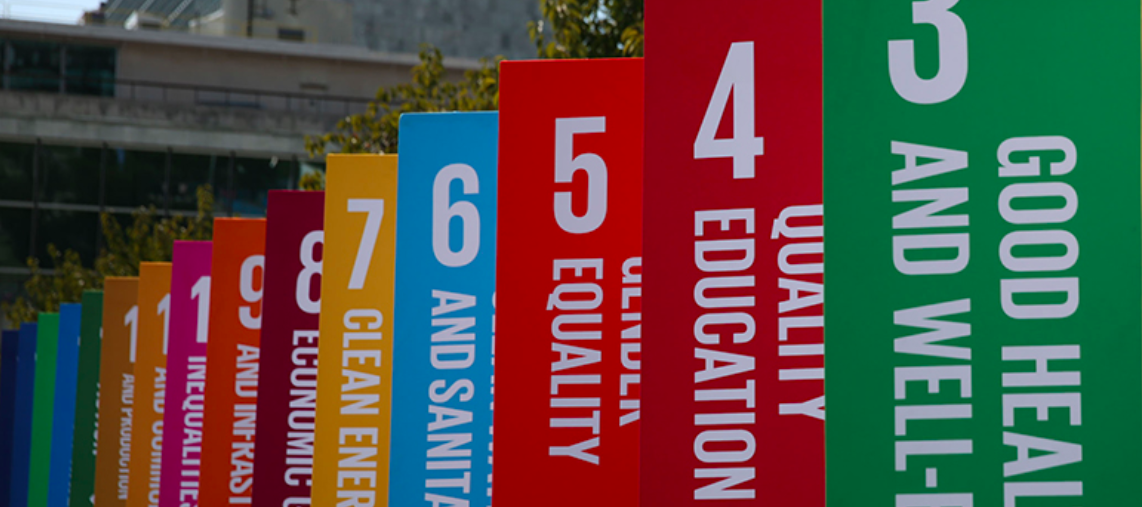
Image via International Institute for Sustainable Development
Recently, a report entitled The Localization of the Global Agendas: How local action is transforming territories and communities, was released by UCLG. The report provides evidence gathered from around the world on how cities are implementing the 2030 Agenda.
Among the many examples, several have been recognized by the Guangzhou International Award for Urban Innovation. We are happy to present some of the cases and to highlight their pertinence to the 2030 Agenda. The Award has been, since 2018 dedicated to promoting and exchanging knowledge, expertise and experience in support of the local implementation of the Sustainable Development Goals and the New Urban Agenda.
Initiatives of Guangzhou Award
Qalyubeya, Egypt
Integrated Community Based Solid Waste Management
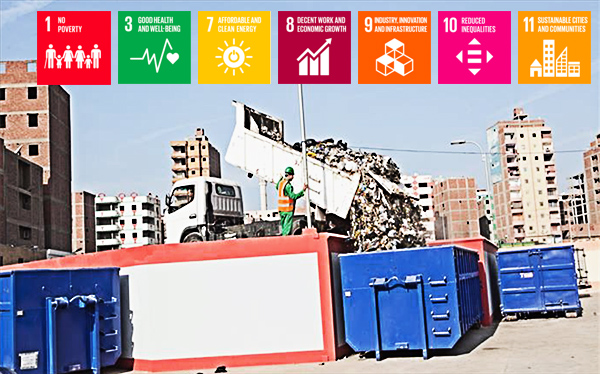
In Qalyubeya Governorate, Egypt, informal waste pickers were central to the launch of an integrated community-based solid waste management system. The system improved the local environment, raised the living conditions of local residents, alleviated the problem of solid waste and created new jobs without affecting current ones. This innovative project was awarded the 3rd Guangzhou International Award for Urban Innovation in 2016.
Click here to read more
Wuhan, China
The "Rebirth" of Urban Waste Dump – Ecological Restoration Bridging the Social Gaps
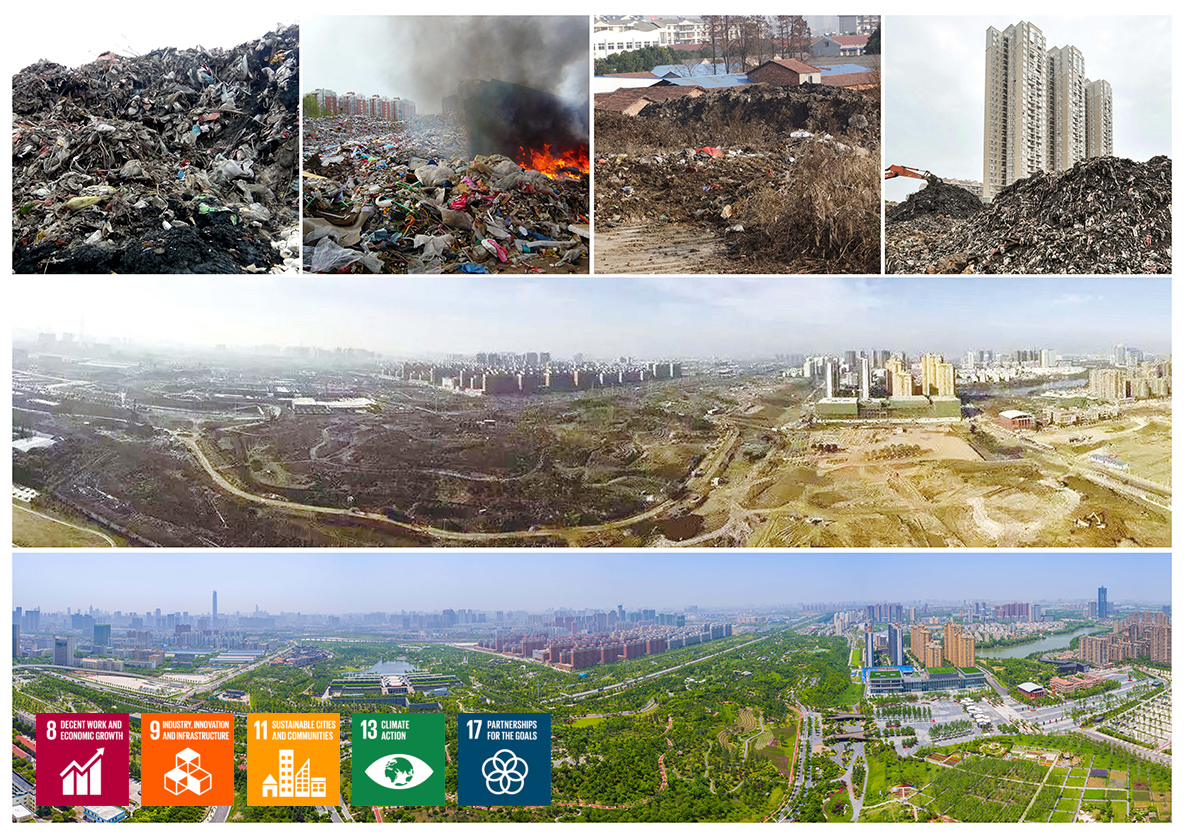 Wuhan, China with 10.9 million inhabitants received the Guangzhou International Award for Urban Innovation for the transformation of one of the largest landfills in Asia into a recreational park and ecological garden covering an area of over 170 square km. The project involved government departments as well as experts from 82 cities including from abroad. This is the largest application of aerobic technology for landfill remediation and the biggest urban ecological corridor in China.
Wuhan, China with 10.9 million inhabitants received the Guangzhou International Award for Urban Innovation for the transformation of one of the largest landfills in Asia into a recreational park and ecological garden covering an area of over 170 square km. The project involved government departments as well as experts from 82 cities including from abroad. This is the largest application of aerobic technology for landfill remediation and the biggest urban ecological corridor in China.
Click here to read more
Guangzhou, China
The Installation of “Women Only” compartments in the public transportation
Image via Sohu
Many cities have adopted different policies and regulations to protect women’s rights and avoid harassment and violence, especially on public transport, Guangzhou, Seoul (Ordinance on Gender Equality), Faisalabad (Punjab Protection of Women Against Violence Act 2016), and Kathmandu (Public Transport Code of Conduct 2010) show how different cities are using different instruments to address the issue. Beyond legislation, Busan in Korea has committed specific funds to prevent sexual harassment and violence against women. Hyderabad is one of eight cities in India to participate in the Home Ministry’s ‘safe city’ plan to end sexual harassment while Bhopal has improved transport access and safety for women. Guangzhou, Kuala Lumpur, Zhengzhou, Shenzhen, Kolkata, Delhi and Hyderabad have created women-only spaces on public transport. Guangzhou Award attaches great importance to gender equality, let’s check out the related initiatives!
Click here to read more
Brussels Capital Region, Belgium
Abattoir Nv-Sa: “Foodmet With Urban Farm, An Initiative For Innovative Solutions For Sustainable Urban Development In Particular Sustainable Food.”
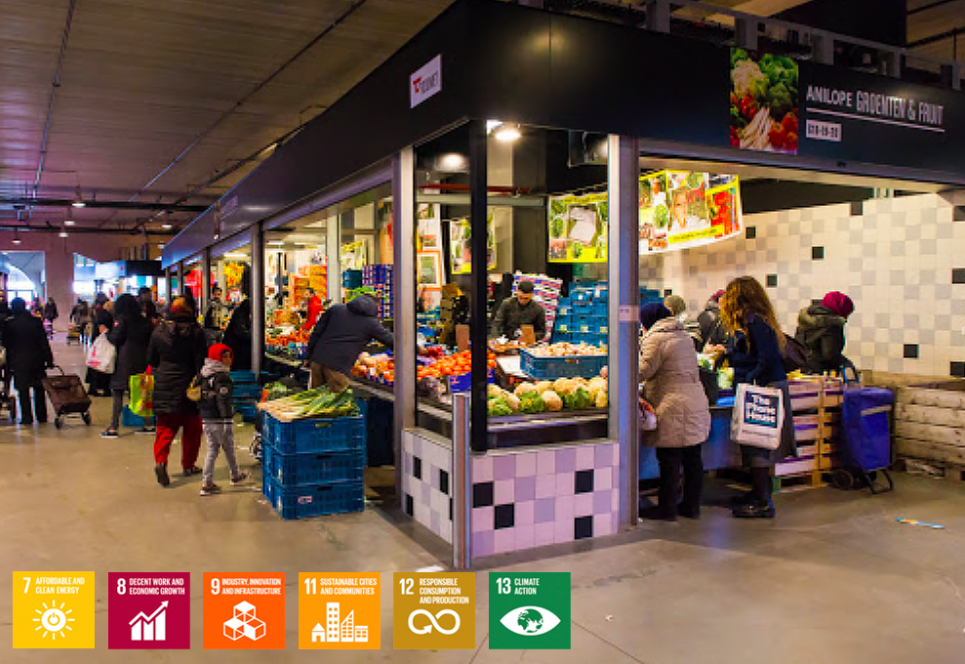
Image via Abattoir of Anderlecht
Brussels is working to transform and revitalize the Brussels Canal Area and old slaughterhouse with the principal aim of bringing economic and social opportunities for inhabitants living in the area (many immigrant ethnic groups many belonging to lower income groups). It is turning the former slaughterhouse into an everyday farmer’s market. This has stimulated urban and peri-urban agriculture, and is contributing to the revitalization of the region’s economy, while reducing food miles and helping to preserve the environment. The city was shortlisted for the 3th Guangzhou Award (2016) for the project.
Click here to read more
Utrecht, Netherlands
Localizing the SDGs through Multi-Stakeholder Partnerships
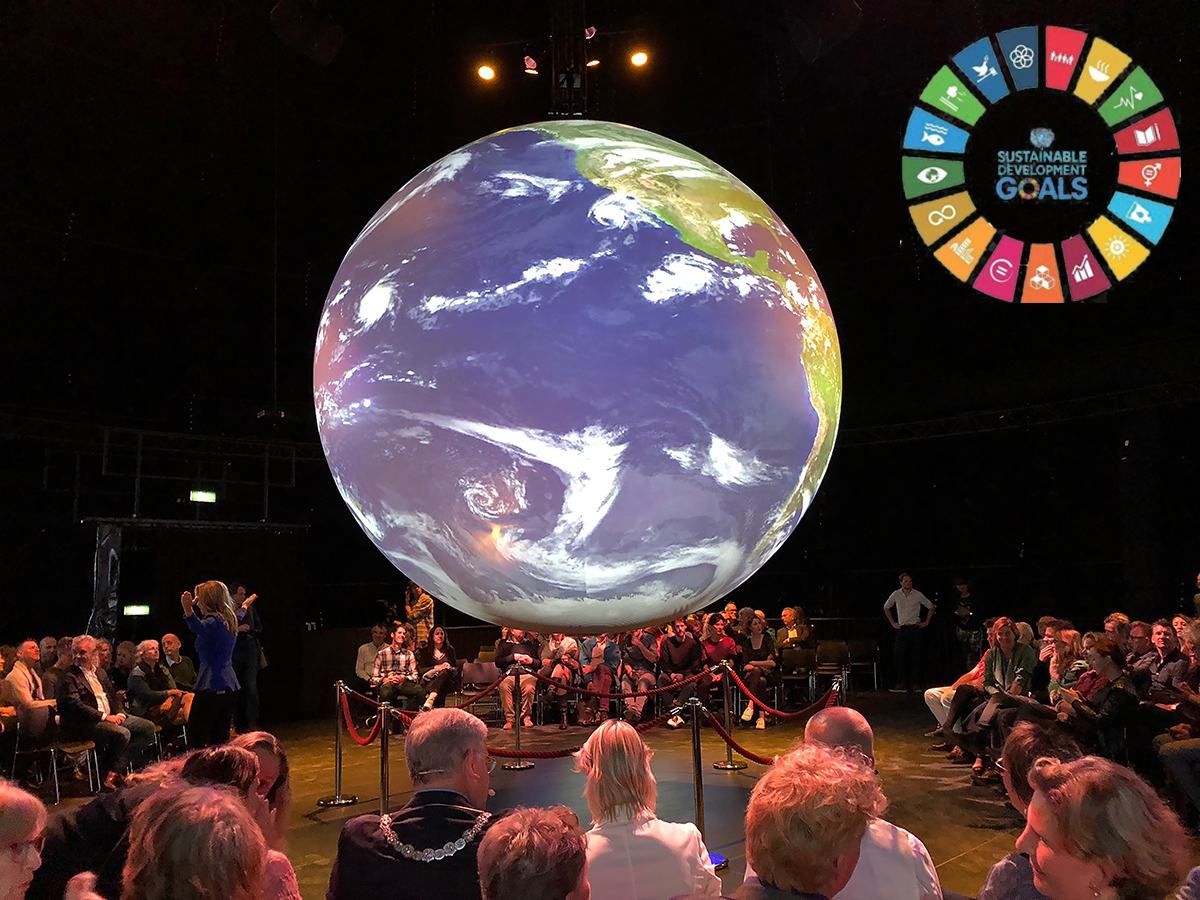
At local level, Utrecht, shortlisted for the 4th Guangzhou Awards for Urban Innovation, is currently developing a local SDG data dashboard with existing local indicators connected to the SDG targets. This aims to be accessible to the different departments of the municipality and partners to complement the municipal data with examples of local SDG progress by urban stakeholders.
Click here to read more
Tampere, FinlandModel of the Best Regional Circular Economy Concept for Cities, Companies and Citizens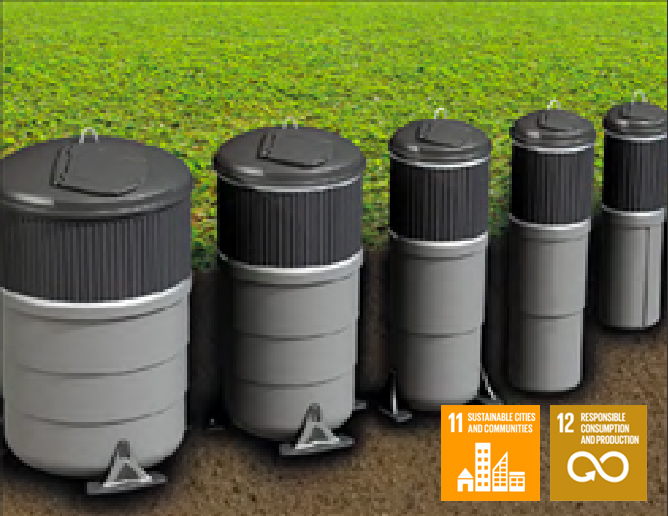
The circular economy has been mainstreamed into strategic instruments: in pilot programmes such as the EIT Climate-KIC Orchestrated Innovation Ecosystem programme (with Malmö, Copenhagen, Helsinki, Sofia, Utrecht etc. as participating cities); in the federal constitution in Geneva and the Tampere region in Finland (shortlisted for the 2016 Guangzhou Award), among others.
Click here to read more
Cuautla, Mexico
La Perseverancia: Solid Waste to Generate Electricity with A Social Benefit in Cuautla
Image via Freudenberg
Cuautla, which received a special mention at the 2018 Guangzhou Awards, uses waste to generate electricity and has also increased public awareness of the need to separate and reuse waste. In this programme, the degradation of organic waste involves a generation of biogas which is composed of methane and carbon dioxide which are considered as greenhouse gases that, if not controlled, could be released into the atmosphere, however thanks to innovation and technology with which it is counted in the facilities it is possible to use biogas as a fuel for the generation of a clean and sustainable energy.
La Paz, Bolivia
Zebras: A Citizen Culture Project
Civic education in the city of La Paz involves young people from deprived neighbourhoods being involved in improving road safety in the city by making them protagonists of change. Dressed as zebras and attracting attention through dialogue and communication, the Zebra movement received a prize at the 2016 Guangzhou Awards and has been successful in other cities in Germany, Spain, Costa Rica and China.
Click here to read more


 Wuhan, China with 10.9 million inhabitants received the Guangzhou International Award for Urban Innovation for the transformation of one of the largest landfills in Asia into a recreational park and ecological garden covering an area of over 170 square km. The project involved government departments as well as experts from 82 cities including from abroad. This is the largest application of aerobic technology for landfill remediation and the biggest urban ecological corridor in China.
Wuhan, China with 10.9 million inhabitants received the Guangzhou International Award for Urban Innovation for the transformation of one of the largest landfills in Asia into a recreational park and ecological garden covering an area of over 170 square km. The project involved government departments as well as experts from 82 cities including from abroad. This is the largest application of aerobic technology for landfill remediation and the biggest urban ecological corridor in China. 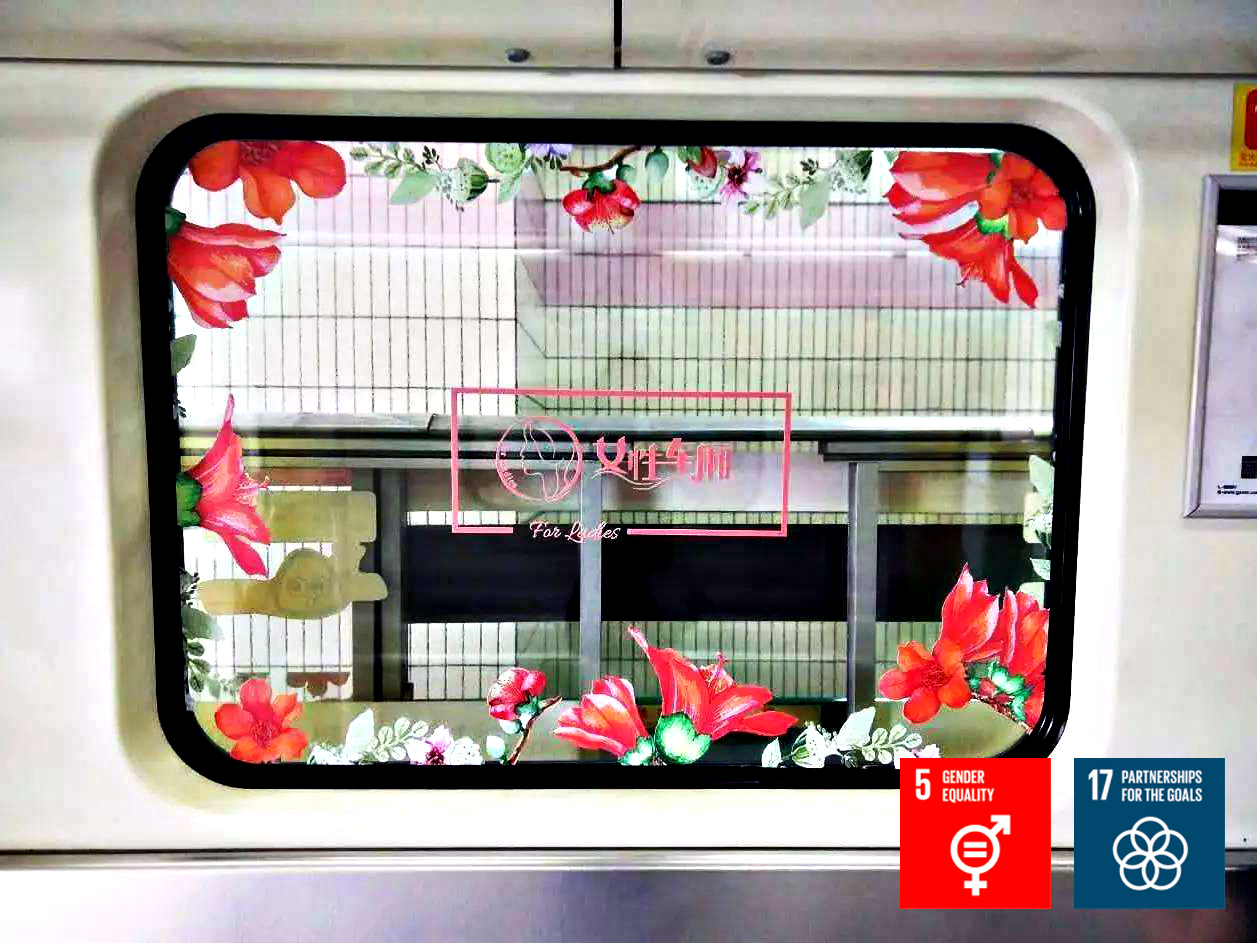



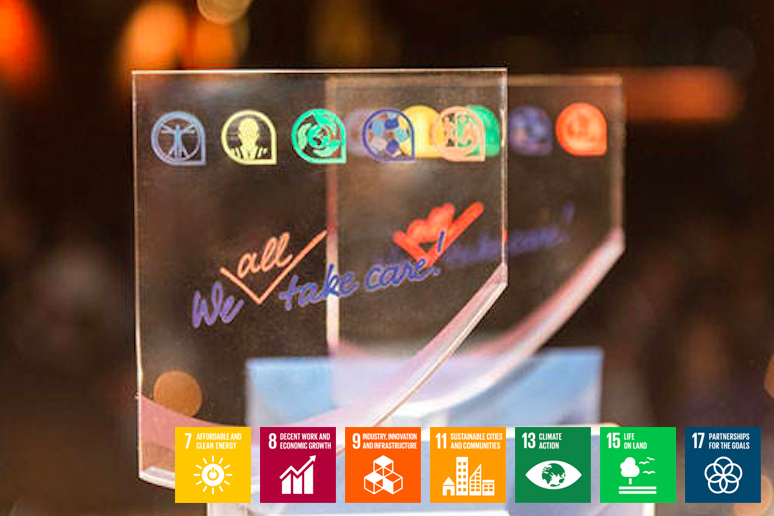
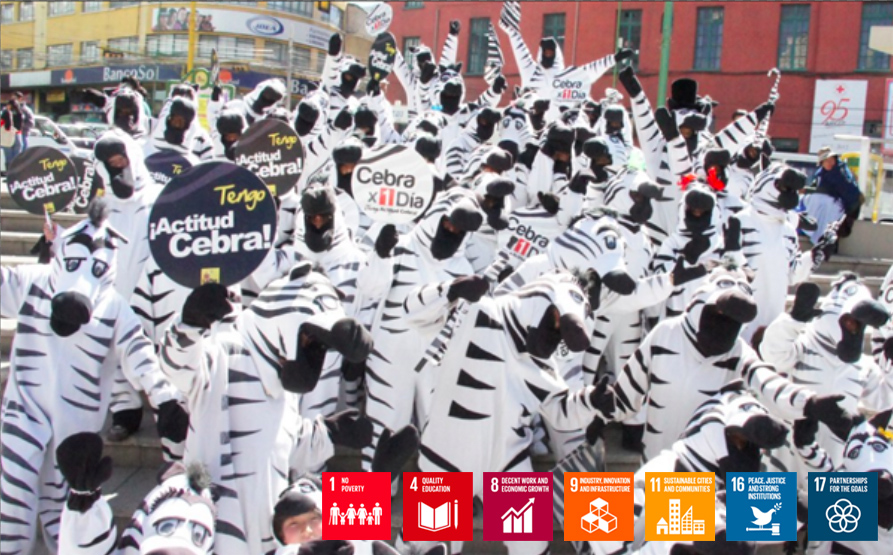


 In Focus | World Cities Day: People-Centred Smart Cities
In Focus | World Cities Day: People-Centred Smart Cities City Stories | Fostering community resilience: A lifeline for the Central African Republic
City Stories | Fostering community resilience: A lifeline for the Central African Republic In Focus | Innovative Education, Empowering Futures
In Focus | Innovative Education, Empowering Futures




















 Tel: +86 020 3780 4434
Tel: +86 020 3780 4434 Email: info@guangzhouaward.org
Email: info@guangzhouaward.org Adress: Unit 01-7, 28th Floor, No. 7, Chunrong 3rd Road, Tianhe District, Guangzhou, Guangdong, 510000, PRC
Adress: Unit 01-7, 28th Floor, No. 7, Chunrong 3rd Road, Tianhe District, Guangzhou, Guangdong, 510000, PRC




